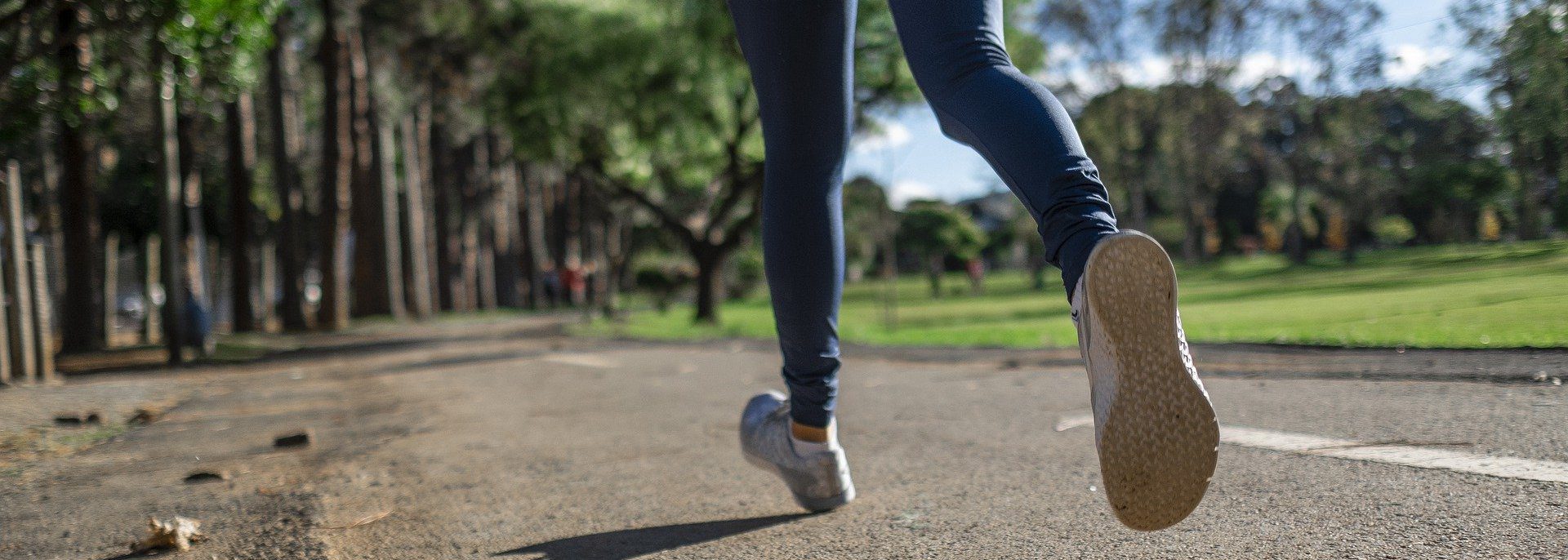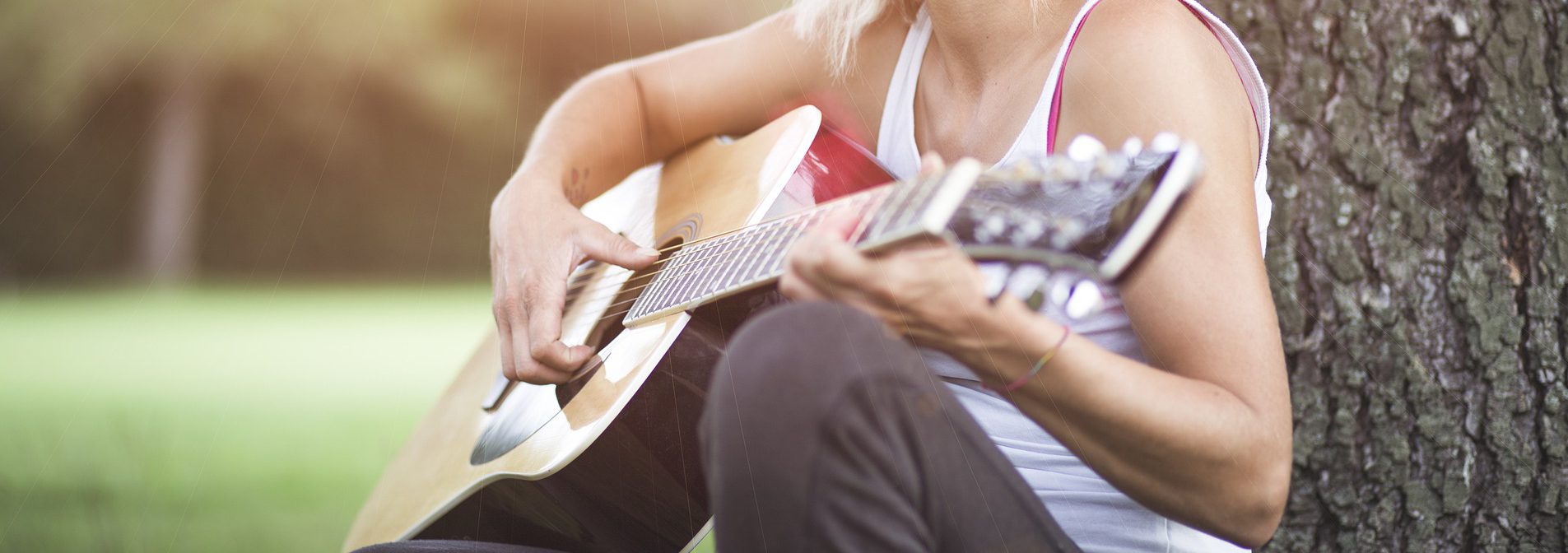
When you’re in a substance abuse treatment program or rehab facility, you’re surrounded by people, places, and activities that support sobriety.
Once you’re back home, your support network may not be as accessible. Encouragement from friends, family, and loved ones might help, but you still need to find productive ways to fill your time. Finding new hobbies fills your schedule with past-times unrelated to substance abuse and is an important part of the recovery process.
Hobbies for Sobriety
Let’s talk about some common hobbies for sobriety, and how you can spend your time in productive, enjoyable ways while in recovery.
Join a Support Group
Participating in support groups significantly increases your chances of staying sober. It’s a good idea to join one during professional treatment, and especially afterwards when other support mechanisms are behind you.
Joining a group offers an outlet for emotions that come up in recovery, and surrounds you with others who are navigating similar challenges. Support groups may also help you stay accountable and advocate for others’ sobriety, too. It’s common for support groups to gather for not only talk therapy, but also trips, outings, and other fun get-togethers. Learning to have fun with a group of supportive friends you trust is a great way to honor and support your sobriety.
Volunteer
Volunteering benefits others—and it benefits you, too.
In fact, research shows volunteering offers physical and mental health benefits, with volunteers experiencing lower rates of depression and anxiety. If mental illness is at the heart of your addiction, volunteering may be a tool in addressing the root cause. Studies show that by donating time in service to others, you’ll experience positive feelings, decreased stress, and renewed purpose.
If you’re passionate about a cause, research different organizations to see how you can get involved. Organizations and nonprofits commonly seeking volunteers are:
- Animal Shelters
- Local Libraries
- Backpack Food Programs
- Soup Kitchens
- Churches
- Mentoring or Tutoring Children
- Homeless Shelters
Find an Exercise You Enjoy

Countless studies show the benefits of exercise on physical, mental, and emotional health.
There’s additional research on its benefits for those recovering from addiction. Staying active during recovery may help you improve lung health, overall strength, and mental capacity. These benefits will go far in giving you confidence you need to not only feel good, but also navigate the complex road of sobriety.
You don’t have to jump into a strict, daily workout regimen. Start by experimenting with movement you enjoy, and give it at least 10 minutes before deciding it’s not for you. Exercise during recovery is even more beneficial if you can join a friend or group with similar interests. You can spend time training together, holding each other accountable, and supporting each other’s goals.
Some activities to try are:
- Walking/Running
- Hiking
- Biking
- Climbing
- Yoga
- Swimming
- Dancing
- Tennis, Basketball, Soccer, Other Related Sports
Learn Something New

If you’ve ever been interested in trying something new, now is the perfect time.
Perhaps you have an old hobby you lost interest in when addiction took over. Or maybe there’s a new skill, craft, or passion you’ve been wanting to explore. Do some research and join online groups of others who share your interest—you’ll be surprised how much and how quickly you learn when you put your mind to it. Sign up for a class, reach out to a mentor, and gather the supplies you need to make your dream a reality.
Ideas for new things to try are:
- Cooking
- Gardening
- Photography
- Book Clubs
- Learning an Instrument
- Painting, Drawing, and Other Art Forms
Sobriety is possible. Learning to love your life and the hobbies you fill your days with is one part of the equation.
Visit our resources to learn more.